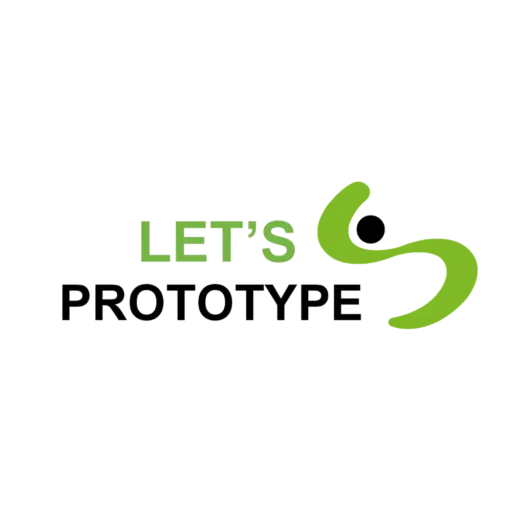Patent a method procedure
Patent a Method: Key Requirements and Pricing for Process Patents.
- Let's talk about your invention
Book Appointment
- Inventor's Guide
Get your Guide now
- Let’s talk about your case.
Click here and we’ll call you
What is a method?
The term method refers to a list of strictly organized steps or stages, whose completion leads to identical results. Optimization of a method or improvement of a method refers to applying changes to existing methods in order to either enhance the final result or achieve the same result more efficiently in terms of time or cost.
Essential Parts of a Method or Process
For both the proper functioning of a method and the establishment of potential method patents, it is essential to define the following structural components:
Objective: Definition of the final results of the method; in other words, what can be achieved by strictly following the method.
Definition of Conditions: Identify the favorable or unfavorable scenarios for the proper execution of a method, highlighting the tools and methods of application according to the characteristics of the environment.
Stages: The stages or steps, properly organized according to the logic of application, are key to successfully replicating results in a method, especially in a patentable method.
Results and Variations: This refers to the definition of expected results based on the behavior of each stage of the method. It must be precise and consistent.
Requirements for Patenting a Method or Process
It is possible to patent a method. However, not all procedures that achieve consistent and efficient results can be registered as a patent.
To patent a method, the following requirements must be met:
The method must be innovative: Methods can be patented if their steps or procedures are novel. Additionally, the innovative elements of the method must not be classified as obvious or irrelevant by patent office examiners.
The method must be novel: When evaluating the possibility of patenting a method, there is a significant difference between innovation and novelty. In the patent study for a method, novelty refers to the absence of publicly available information regarding the key results and procedures of the method.
The method must have industrial application: To patent a method, it is essential to demonstrate that the method has a practical application in industry and that its use leads to substantial improvements in results.
Methods That Cannot Be Patented
- Methods cannot be patented if their replicated steps do not produce the expected results.
- Methods cannot be patented if they contain ambiguities or obvious changes in the procedure.
- General concepts or unverified ideas cannot be patented.
Options for Patenting a Process
To patent a method, different protection alternatives can be used.
Patenting a Process: It is possible to obtain a patent for a method as long as it has industrial application, is a novel process, and involves changes that lead to a real quantitative improvement.
Copyright: It is possible to apply for copyright protection over a written procedure. In this case, it does not need to meet the requirements of a process patent as described above.
Useful Information About Methodology Patents
How Much Does It Cost to Patent a Method?
The patent for a process or method can cost between $5,000 and $10,000. The cost to patent a method largely depends on the industry and whether the innovative elements are considered obvious or not.
What Is the Best Way to Patent a Process?
A process patent is the best way to register a method. We only recommend patenting a method when its results are truly applicable in practical industrial use. Typically, method patents are supported by other machine patents that enable their operation and advantages.
Where to Patent a Methodology?
The countries where it is most common to apply for a patent are: the United States, the European Union, Japan, China, Canada, and Australia. It is true that the USPTO in the United States is one of the most experienced offices in handling patents for innovative industrial processes.
The time to bring your ideas to life is now. We accompany you throughout the entire process: from idea to product.
San Juan Ingenieros, S. L, is the owner of the domain www.letsprototype.com, and in accordance with the General Data Protection Regulation (EU 1679/2016), we will process your data exclusively to handle your information request. You have the right to rectify or request the deletion of your data at any time via hello@letsprototype.com.
